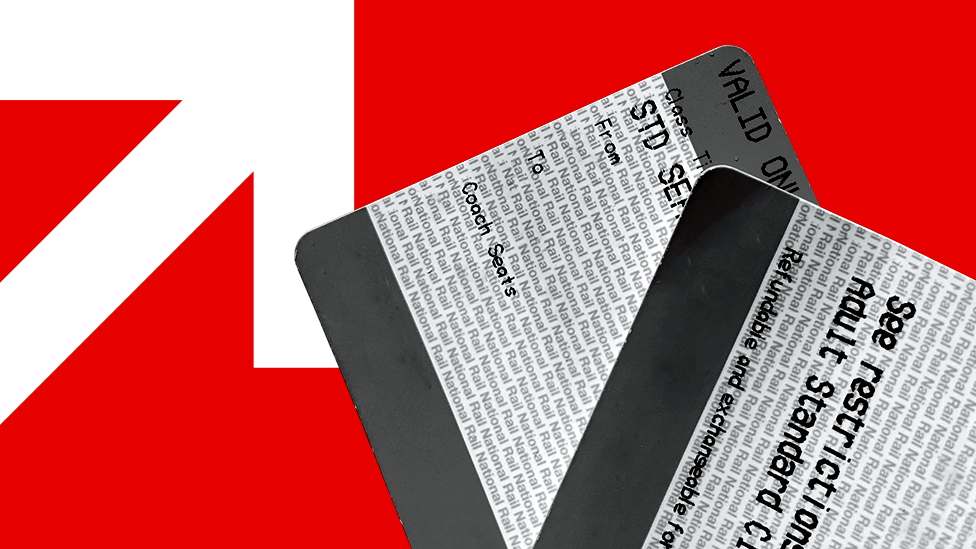Is an end to rail fare 'horror stories' in sight?
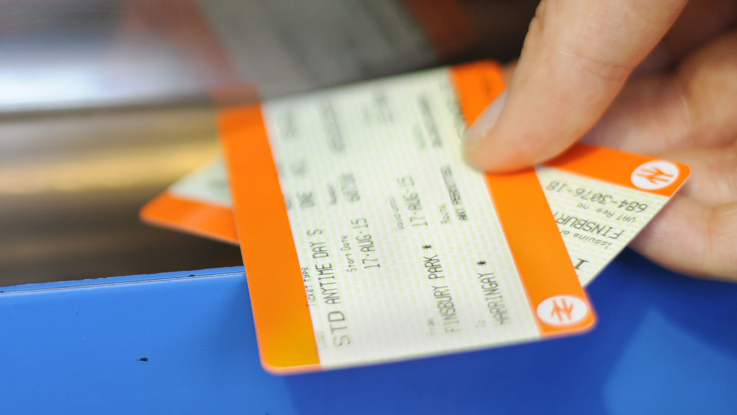
Campaigners have said commuters face one of Europe's most complicatedly pricing systems
- Published
When small business owner Lewis Kemp needed to go to London to meet a client, the train seemed like the best option.
However, when the 32-year-old looked at the price for the peak return journey from Manchester on 19 June, he started to wonder whether it might not be cheaper to take the client on holiday instead.
Shocked at the £339.48 cost of the journey there and back, he posted about his disbelief on social media.
He had no idea that more than 50,000 people would be moved by his post or that so many who were equally annoyed by the state of rail travel in Great Britain would share their frustrations.
So, with a general election looming, what hope can commuters hold that the situation may change in their favour in years to come?
Mr Kemp, who runs digital advertising agency Lightbulb Media, said the prices were shocking.
"If you need to go to London to do a pitch and take three members of staff down to do it, then you’re looking at over £300 per person," he said.
"That’s about a grand or so to... pitch for work that you might not get."

Mr Kemp said it could be cheaper to travel to see clients in Spain than in London
Some who responded to his post said it could be cheaper to buy a return economy flight to New York, while others said travelling in Europe was a very different experience, where journeys of a similar distance in places like Hungary cost as little as £7.
One said commuters were paying "five-star prices for a one-star service".
Rail operators have said there are a number of ways commuters can make savings.
Avanti, which runs the West Coast mainline Mr Kemp would have used, said there were "Superfare" tickets which can cost £20.
It pointed out the ticket Mr Kemp had opted for was an Anytime fare, which allows customers to travel on any train, at any time, and can be bought immediately before travel.
A representative said most customers took advantage of "our lower cost Advance fares" and a single journey between Manchester and London "starting at £32" could be found on peak-time services.
"We want to help people find the best value tickets for their needs," they said.
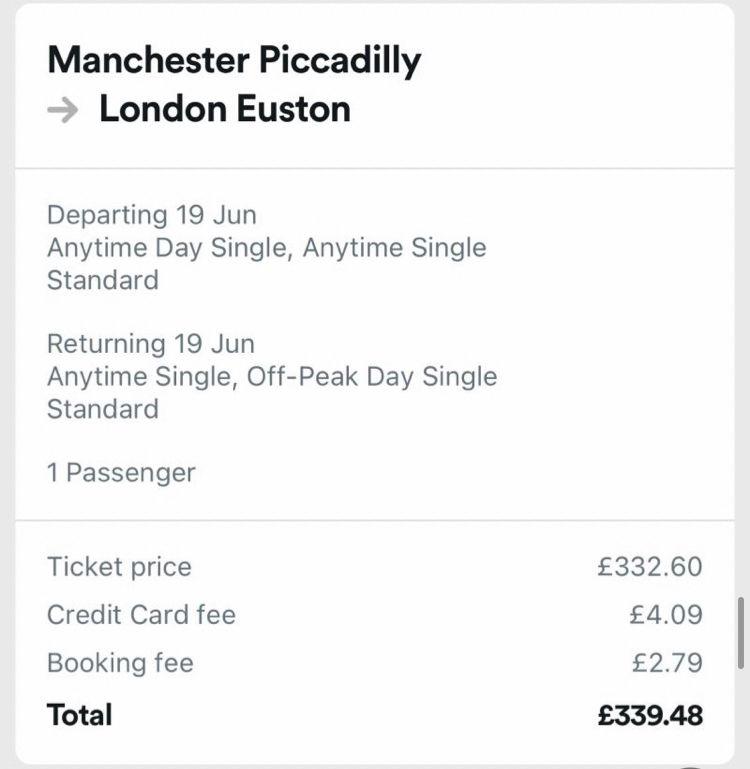
Mr Kemp said it could cost him up to £1000 for three staff to travel to London
Some of the commuters who responded to Mr Kemp's post said passengers should not have to "play the system" of planning far in advance or travelling at inconvenient times to get cheaper fares.
In 2011, Sir Roy McNulty's report, external on rail value for money and the West Coast franchise process warned that pricing was "extremely complex".
A decade later, the Department for Transport’s Great British Railways plan, external highlighted that railways were "too fragmented, too complicated, and too expensive to run".
The plan's authors, then-Transport Secretary Grant Shapps and former Royal Mail chairman Keith Williams, said in 2023 that the Covid-19 pandemic had also had a major impact on the railways and passenger numbers.
For many business people like Mr Kemp though, the need to travel at a reasonable price has not gone away.
"The incentive to stay in this country to do business is not there," he said.
"I could go and get clients in Spain and go and see them once a week cheaper than I could go and see clients in London."
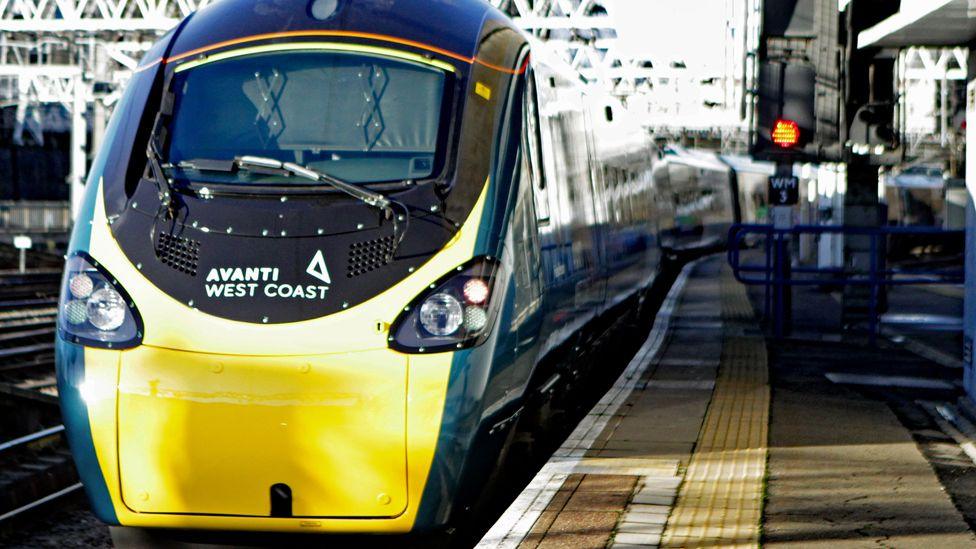
Avanti West Coast said most customers took advantage of "our lower cost Advance fares"
The Conservatives, Labour and the Liberal Democrats have all outlined plans for the railways in their general election manifestos.
While they talk of "simpler tickets" and an "affordable" system, they do not explicitly mention cheaper or capped fares in their pledges.
The Conservatives said they would provide "more frequent trains, more capacity and faster journeys".
They also said the Great British Railways plan would "usher in a revitalised private-public partnership, delivering a modern and innovative railway with reliable services, and simpler tickets", external.
Labour said it would "overhaul Britain’s railways" if elected and "put passengers at the heart of the service by reforming the railways and bringing them into public ownership".
The Liberal Democrats said they would ensure rail travel was a "genuinely convenient, affordable and environmentally-friendly" option and establish a new Railway Agency that would "put commuters first, [hold] train companies to account and [bring] in wholesale reform of the broken fare system".
They also said they would "freeze rail fares and simplify ticketing on public transport to ensure regular users are paying fair and affordable prices", external.
Of the other parties, Reform UK said it would "improve existing road and rail links" across the country as part of its promise to accelerate transport infrastructure, external, while the Green Party has proposed bringing the railways back into public ownership, external.
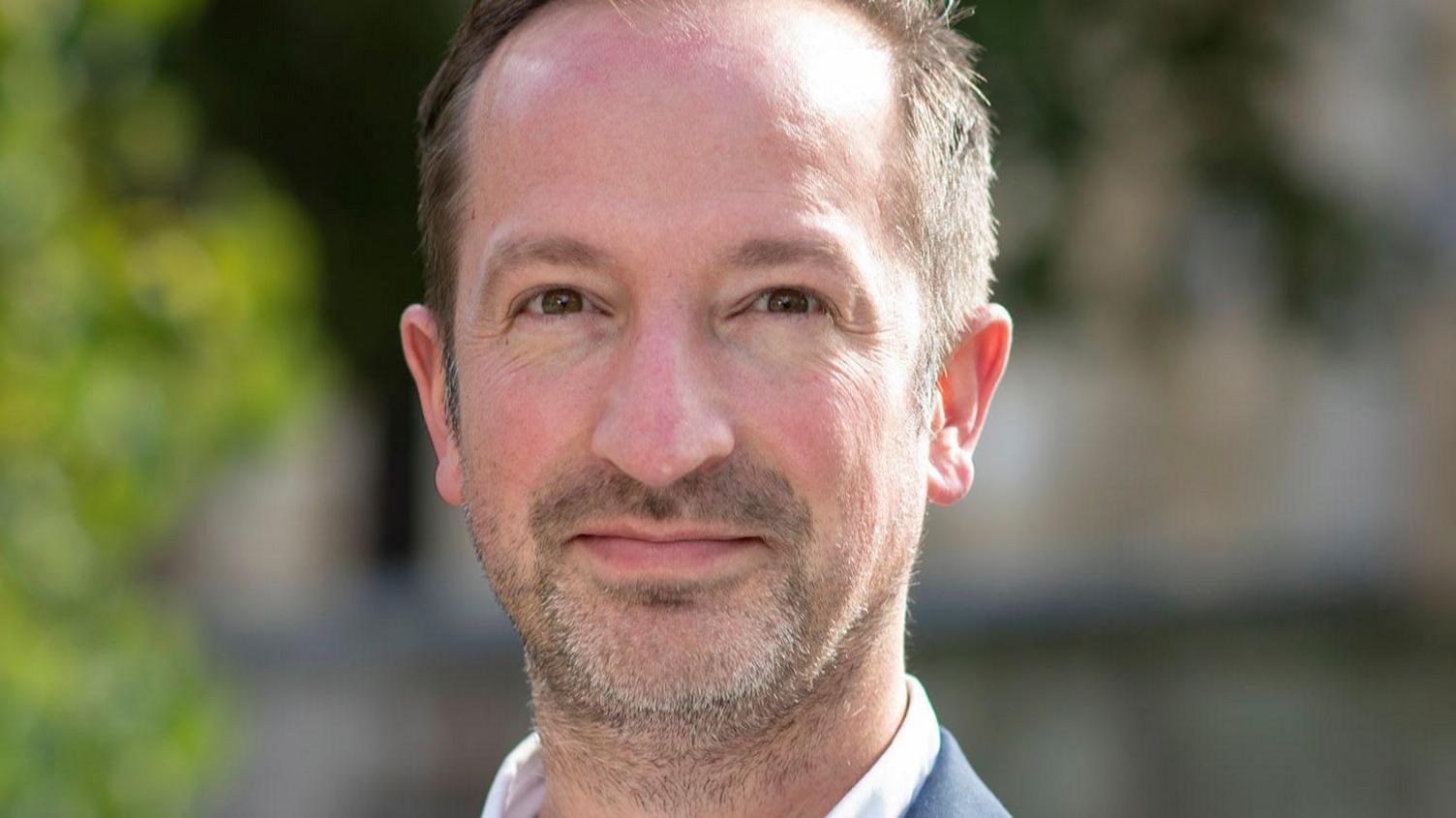
Michael Solomon Williams said there needed to be more incentives to travel by train
Michael Solomon Williams, from the Campaign For Better Transport, said the lack of clarity was not necessarily worrying.
He said as the Tories and Labour were committed to some form of overhaul through the Great British Railways plan, there was a likelihood progress would be made.
He said while rail travel in Britain was actually "mid-table" in terms of cost when compared to other countries, the system was one of the most complicated.
"It needs simplifying and we need rail fares frozen and more encouragement to travel by train," he said.
He added that he believed a simplified pricing regime and a change in the way fares were regulated should bring about an end to the "horror stories" like Mr Kemp's.
"I would hope we are going to get fewer of these," he said.
"We should be cautiously optimistic that that will happen."
Listen to the best of BBC Radio Manchester on Sounds and follow BBC Manchester on Facebook, external, X, external, and Instagram, external. You can also send story ideas to northwest.newsonline@bbc.co.uk, external
Related topics
- Published3 March 2024
